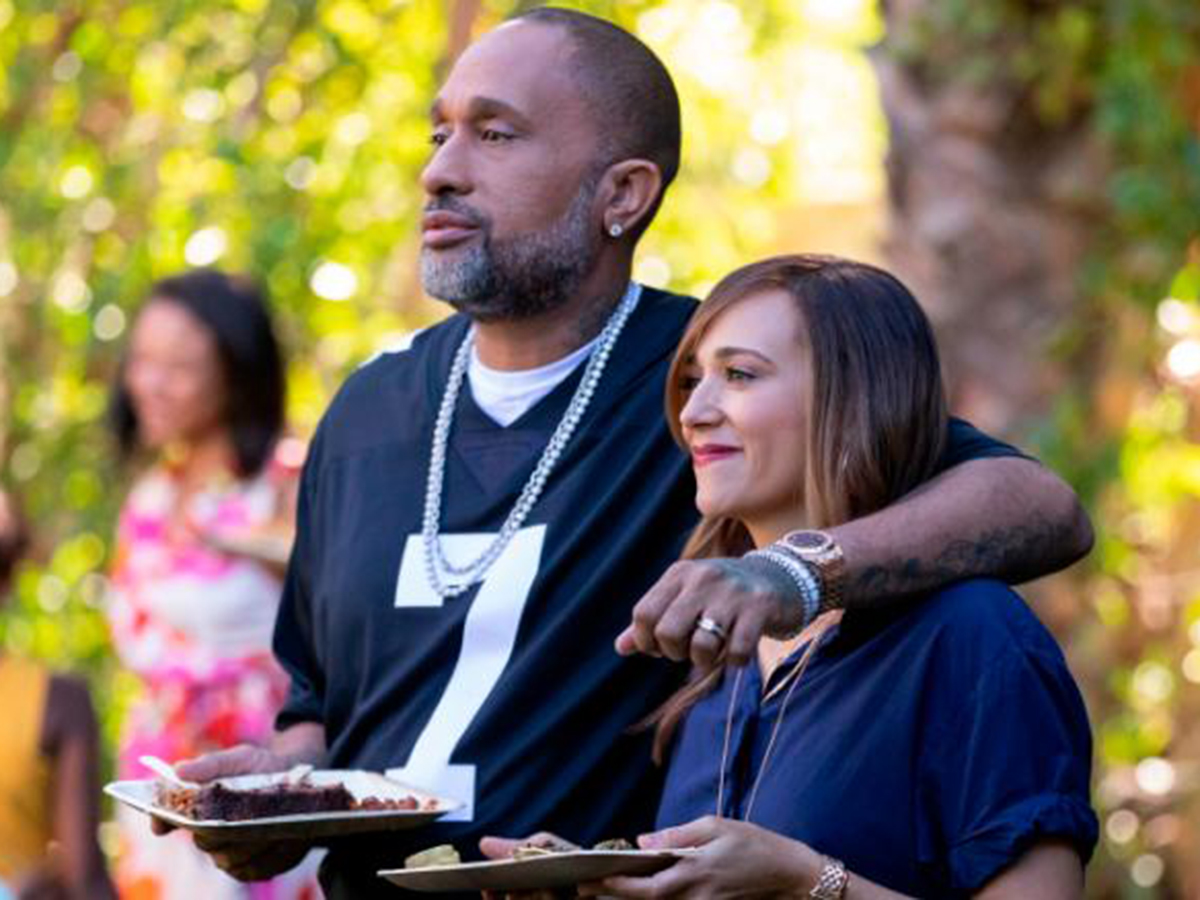
Kenya Barris is a well-known writer and producer with titles under his belt like “America’s Next Top Model” and now his own shows, “Black-ish,” “Grown-ish,” “Mixed-ish” and now “Black AF.” Instead of these shows being siblings, they are identical triplets with small differences. However, those differences are not improvements to the overall storylines in each show. The similarities of each of the shows and the unwillingness to break away from the formula make his shows boring. Barris has gotten legitimate criticism on how to improve his shows, yet he continues to stick with the same formula. By not fixing the critiques of his shows, he is giving an inaccurate portrayal of black life in America.
Rather than being about experiencing the world as a black person, every episode of his shows comes off as an after school special. The issues the families in his shows deal with are supposed to be a reflection of what an actual black family living in America would deal with, however they fall short of tackling the issues presented. Instead of portraying the struggles that are faced by black families and black individuals, Barris over-exaggerates, over-explains and over-simplifies these problems. In an episode of “Black-ish” titled “Please Don’t Ask, Please Don’t Tell,” the father of the family is trying to navigate the underlying homophobia within his family dynamic while simultaneously trying to be an ally to his sister Rhonda. Throughout the episode there are multiple conversations about being inclusive and accepting, however those conversations are practically identical. When a new character has something to add its just the same insight as a previous character had but tailored to that specific character. The repetition of the same information gets old fast. Instead of leading by example and showing the audience how to deal with it, the show skips over the problem and creates another one to resolve at the end of the episode to give the audience the illusion of true resolution. It does not allow the audience to process how to use the ideas they are learning within their own familial situations.
Kenya Barris has been criticized for perpetuating classism within the black community because it adds no nuance to modern black life. One major issue is that his version of the black family is inaccessible. Barris’ shows usually center on a black, nuclear, middle-to-upper class family. All of these families throughout these shows bring up the fact that they “made it out the hood.” Even though someone elevating their socioeconomic standing is not a bad thing, it puts down those who have not. It creates self-resentment for not being able to keep up with the Johnsons. For those who grow up with privilege it may create a dislike of people in a lower socioeconomic standing and a sense of entitlement. The only nuance that Barris adds is that his characters constantly feel the need to bring up their newfound socioeconomic status. Throughout the many seasons of “Black-ish,” the father, Dre, constantly reminds his children that he was poor. In Barris’ new show, “Black AF,” where he plays himself, his character repeats the same sentiments. He does not address the systemic oppression that sometimes keeps black and brown folks from moving forward. It is not about just moving upward, it is about moving upward while helping to create upward mobility for others.
Another big problem in his shows is the blatant colorism. Audiences and critics alike have pointed out that many of the characters within the shows are portrayed by actors with lighter complexions. The structure of each family does not stray from the same formula. The mothers from “Black-ish” and “Black AF” have lighter complexions. The mother from Mixed-ish was recasted to Tika Sumpter even though in “Black-ish” she was played by Anna Deavere Smith, who has a lighter complexion. Black families come in all complexions, however Barris continues to only portray one type of family. He had the chance to be more diverse in the black families he shows on television with his newest show “Black AF” but that family also follows the same structure. Diversity is not just having a black family it is about showing black families from different parts of the African diaspora.
Although Kenya Barris wants to create shows that uplift the black community, it falls short of its goal. By sticking to the formula for all his shows, he is not educating audiences on what it means to be a black family in America. The problems within his shows are problems that plague the black community. Instead of trying to give solutions or talk about these issues in a meaningful way, Barris misses the mark.







